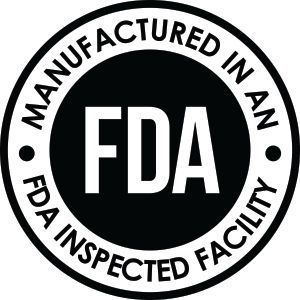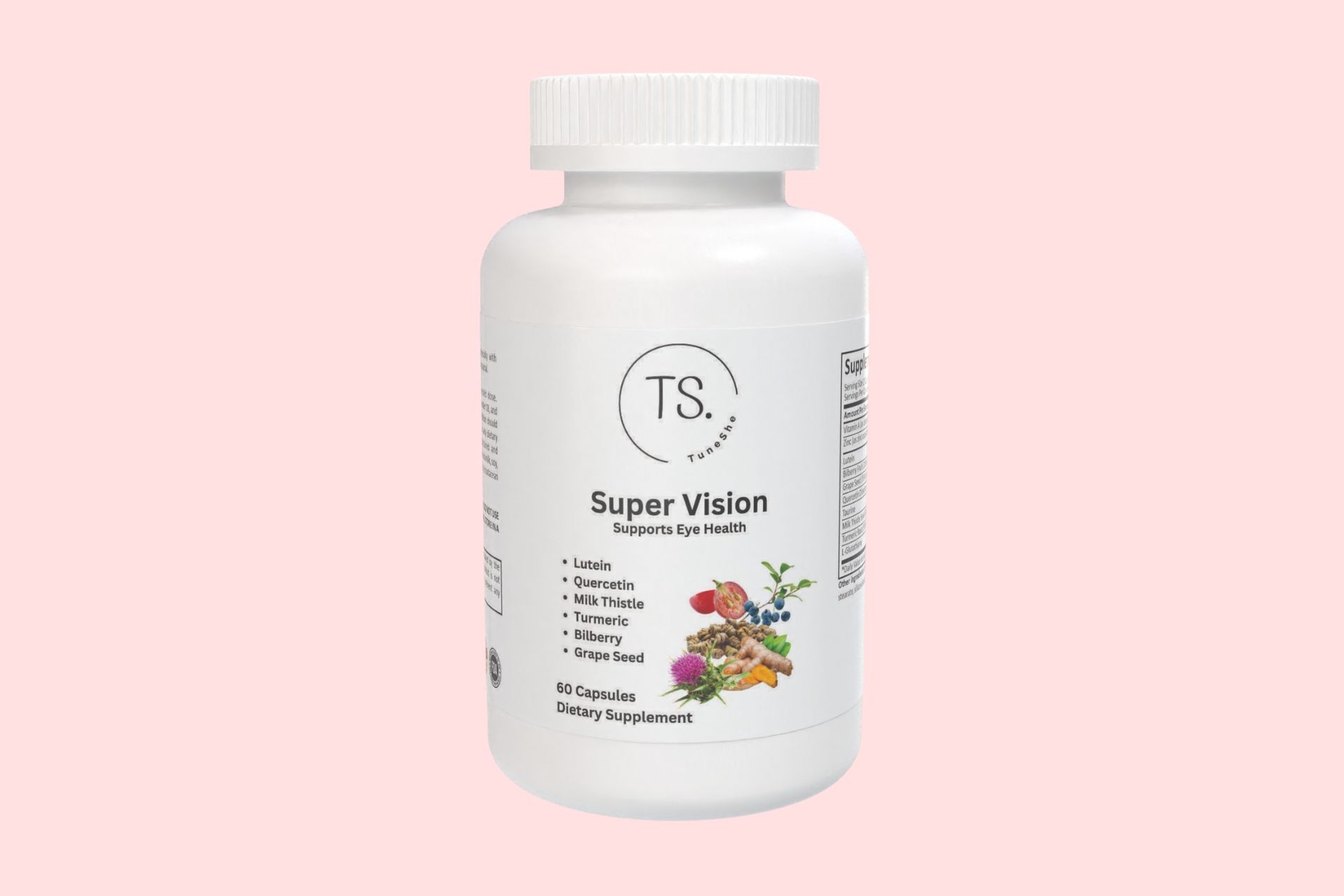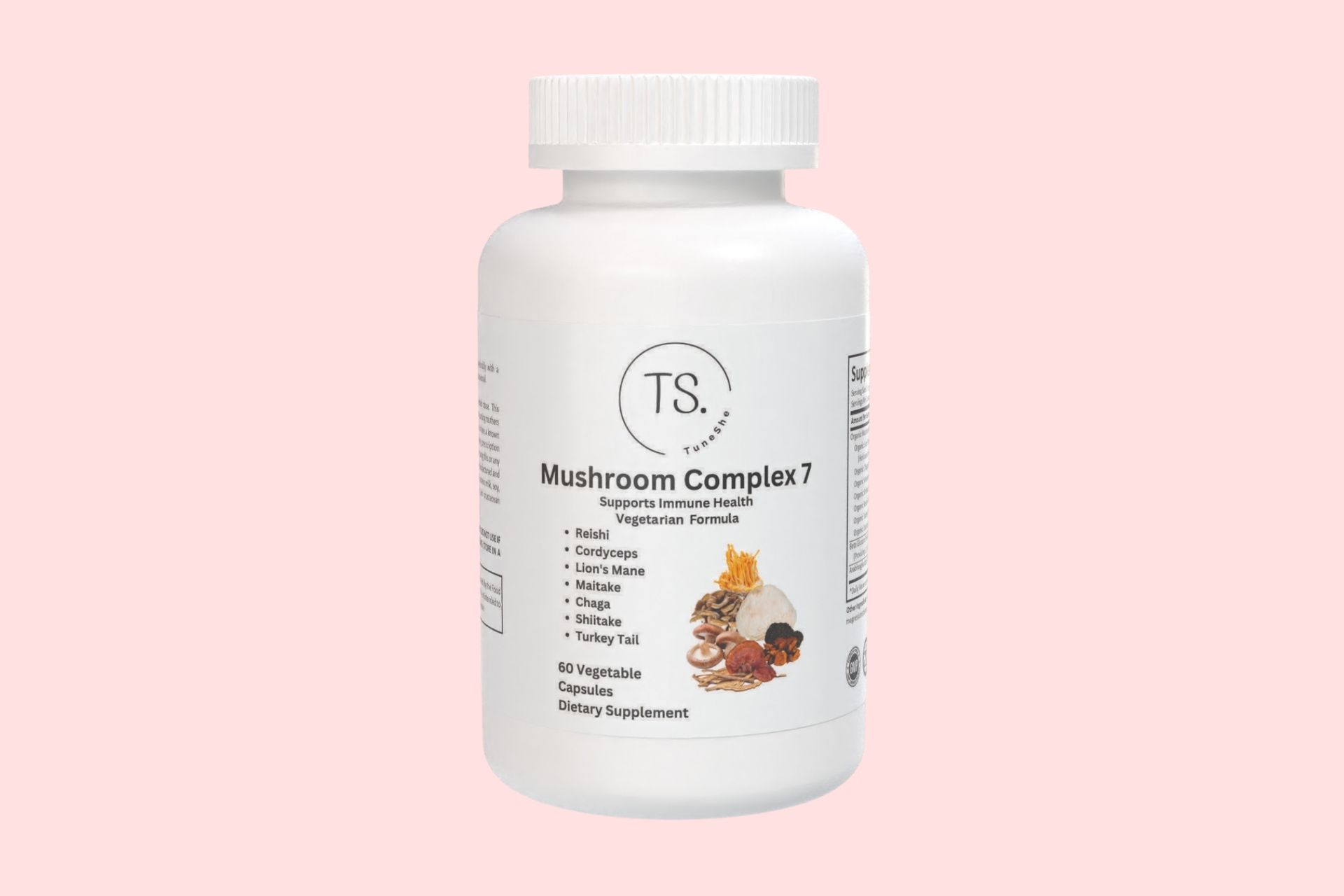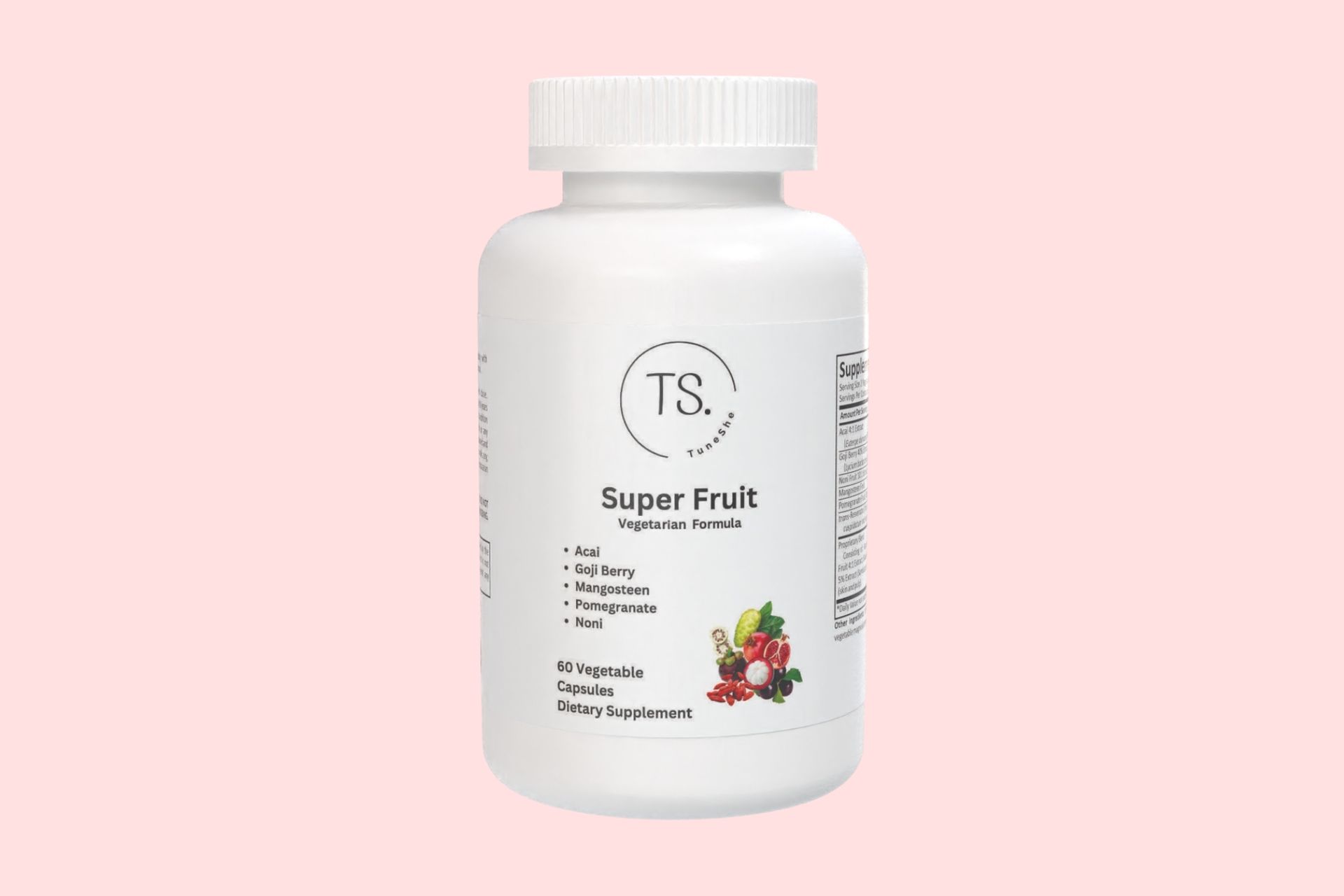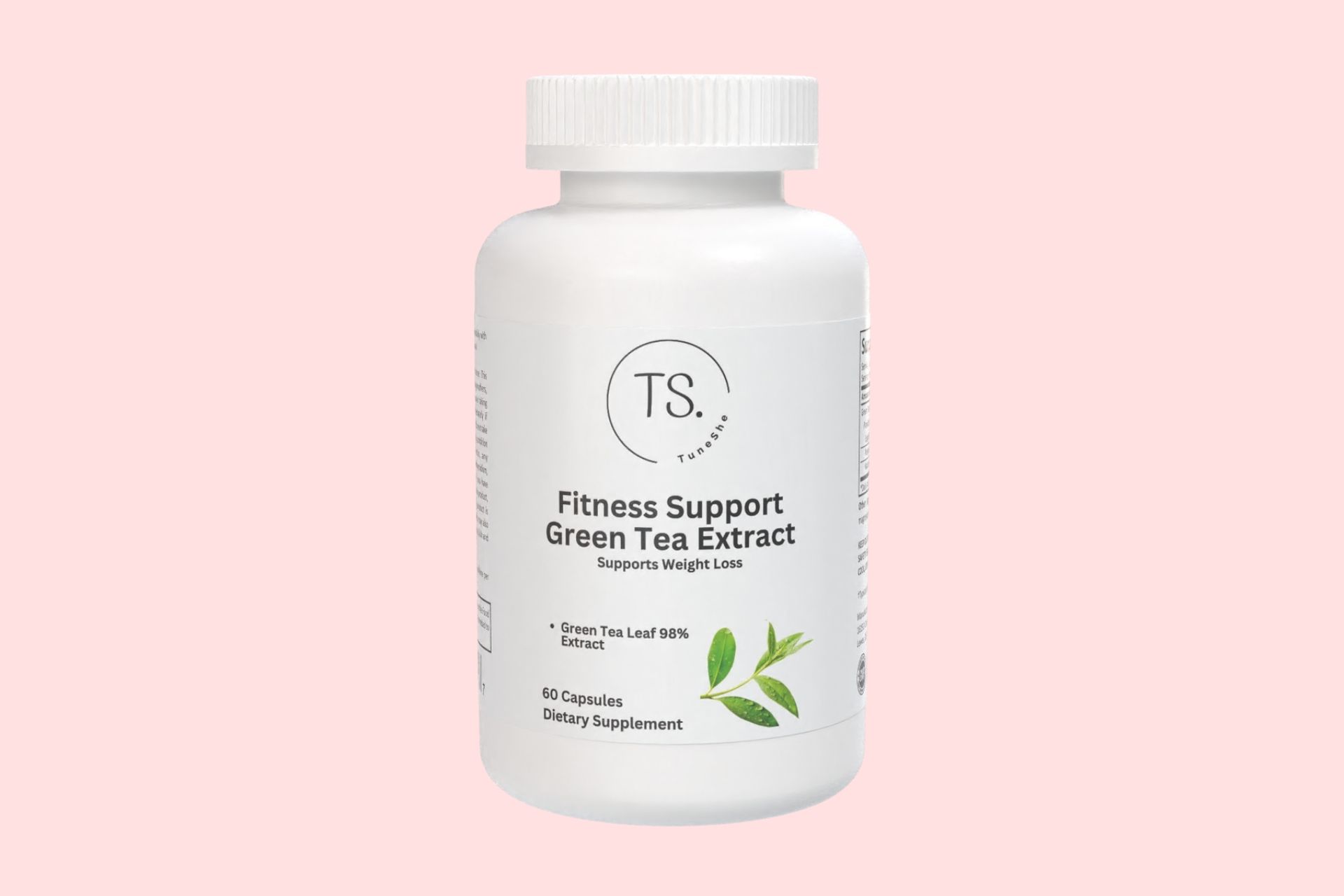BFS METHOD® OF THIS PRODUCT
Body
- Eyes
Function
- Eye Health, Vision
Supplements
List of Services
-
LuteinItem Link List Item 1
Lutein is a key component of the macula, a part of the retina in the eye. It acts as a natural sunblock and helps protect the eyes from harmful high-energy light waves like ultraviolet rays. Lutein may reduce the risk of age-related macular degeneration (AMD) and cataracts, two common eye conditions that can lead to vision impairment or loss. Lutein is thought to improve visual acuity and contrast sensitivity, which can help with activities like reading and driving, particularly in low-light conditions. Additionally, lutein functions as a potent antioxidant that helps shield tissues and cells from free radical-induced oxidative damage. Lutein may contribute to skin health by protecting against oxidative stress and UV damage.
-
Bilberry FruitItem Link List Item 2
Bilberries are renowned for their positive effects on eye health. They contain a group of antioxidants known as anthocyanins, which can help protect the retina and improve visual acuity. Bilberries are often used to alleviate eye fatigue, reduce the risk of eye disorders like cataracts and glaucoma, and enhance night vision. Bilberries are packed with antioxidants, particularly anthocyanins, which help neutralize harmful free radicals in the body. These antioxidants protect cells and tissues from oxidative damage, reduce inflammation, and lower the risk of chronic diseases. Bilberries have been used traditionally to support urinary tract health and reduce the risk of urinary tract infections (UTIs).
-
Grape SeedItem Link
Grape Seed is a potent source of antioxidants, particularly proanthocyanidins. These antioxidants help neutralize harmful free radicals in the body, protecting cells and tissues from oxidative damage. Proanthocyanidins in grape seed may support eye health by protecting the retina and improving visual acuity. They can reduce the risk of eye disorders like age-related macular degeneration and cataracts. Proanthocyanidins in grape seed may strengthen blood vessels and improve circulation. The antioxidants in grape seed extract can boost the immune system and enhance the body's defense mechanisms, reducing the risk of infections and illnesses.
-
Quercetin DihydrateItem Link
Quercetin Dihydrate is a potent antioxidant that helps neutralize harmful free radicals in the body. This antioxidant activity protects cells and tissues from oxidative damage, reducing the risk of chronic diseases and slowing down the aging process. It also has anti-inflammatory properties that can help reduce inflammation in the body. Chronic inflammation is associated with various health conditions, and reducing it can have broad health benefits. The antioxidant and anti-inflammatory properties of quercetin dihydrate can boost the immune system and enhance the body's defense mechanisms, reducing the risk of infections and illnesses.
-
TaurineItem Link
Taurine is found in high concentrations in the retina, where it plays a crucial role in visual function. It may help protect the eyes from oxidative damage and reduce the risk of age-related macular degeneration. Taurine is essential for proper brain development and function. It acts as a neurotransmitter, helping regulate brain activity. Some research suggests that taurine supplementation may support cognitive function and reduce the risk of neurodegenerative diseases like Alzheimer's disease. It can support healthy blood vessel function, improve cholesterol profiles, and reduce the risk of atherosclerosis.
-
Milk Thistle SeedItem Link
Milk thistle, particularly its active component silymarin, is a potent antioxidant. Free radicals can cause oxidative damage to cells and tissues, which antioxidants help to prevent. In the context of eye health, oxidative stress is a contributing factor to the development of age-related macular degeneration (AMD) and other eye disorders. Age-related macular degeneration is a common eye condition that can lead to vision impairment or blindness, especially in older adults. Some studies suggest that the antioxidant properties of milk thistle may help reduce the risk of AMD by protecting the cells of the macula (the central part of the retina responsible for sharp vision) from oxidative damage. Milk thistle may help alleviate eye fatigue and strain, which can occur due to prolonged computer use, reading, or other activities that require intense focus. This effect may be related to the antioxidant and anti-inflammatory properties of silymarin. The antioxidant and anti-inflammatory effects of milk thistle suggest potential benefits in reducing the risk of glaucoma and cataracts, two common eye conditions.
-
Turmeric RootItem Link
Curcumin, the primary bioactive compound in turmeric, is a potent antioxidant. Antioxidants aid in preventing oxidative stress from free radicals, which can harm cells and tissues, including those in the eyes. Oxidative stress can contribute to the development of age-related eye conditions. AMD (age-related macular degeneration) is a leading cause of vision loss in older adults. According to studies, curcumin's antioxidant and anti-inflammatory properties may help lower the risk of AMD by preventing oxidative stress from damaging the macula, the area of the retina responsible for sharp vision. Cataracts are characterized by the clouding of the eye's lens, which can lead to vision impairment. Curcumin's antioxidant activity may help reduce the risk of cataracts by preventing the oxidation of proteins in the lens. Research suggests that curcumin may have benefits for individuals with glaucoma, a condition characterized by increased pressure in the eye.
-
Vitamin A (beta-carotene)Item Link
Vitamin A, in the form of beta-carotene, plays a crucial role in supporting and maintaining good eye health. Vitamin A is essential for night vision. In the retina of the eye, there are light-sensitive cells called rods that require vitamin A to function properly. A deficiency in vitamin A can lead to night blindness, making it difficult to see in low-light conditions. Adequate vitamin A helps maintain the health of the macula, reducing the risk of age-related macular degeneration (AMD). AMD is a leading cause of vision loss in older adults. Vitamin A helps maintain the health of the eye's surface tissues, including the conjunctiva and cornea. Vitamin A may help reduce eye fatigue and strain, especially in cases of prolonged computer use, reading, or other activities that require intense focus.
-
Zinc (zinc aspartate)Item Link
Zinc is an essential mineral that plays a role in various aspects of eye health, including maintaining the structure and function of the eyes. Zinc is important for the development and maintenance of healthy retinas, which are essential for good vision. It plays a role in the formation of the pigment melanin, which is present in the eyes and helps protect them from harmful UV radiation. Zinc is involved in the metabolism of vitamin A in the eye, particularly in the process of converting beta-carotene into active vitamin A (retinol). This conversion is essential for night vision and low-light visual acuity. Studies have suggested that zinc supplementation may help alleviate symptoms of dry eye syndrome by supporting the health of the tear film and the ocular surface.
TUNE INTO HER BODY
COPYRIGHT TS.TUNESHE 2024
These statements have not been evaluated by the Food and Drug Administration. This product is not intended to diagnose, treat, cure or prevent any disease.

